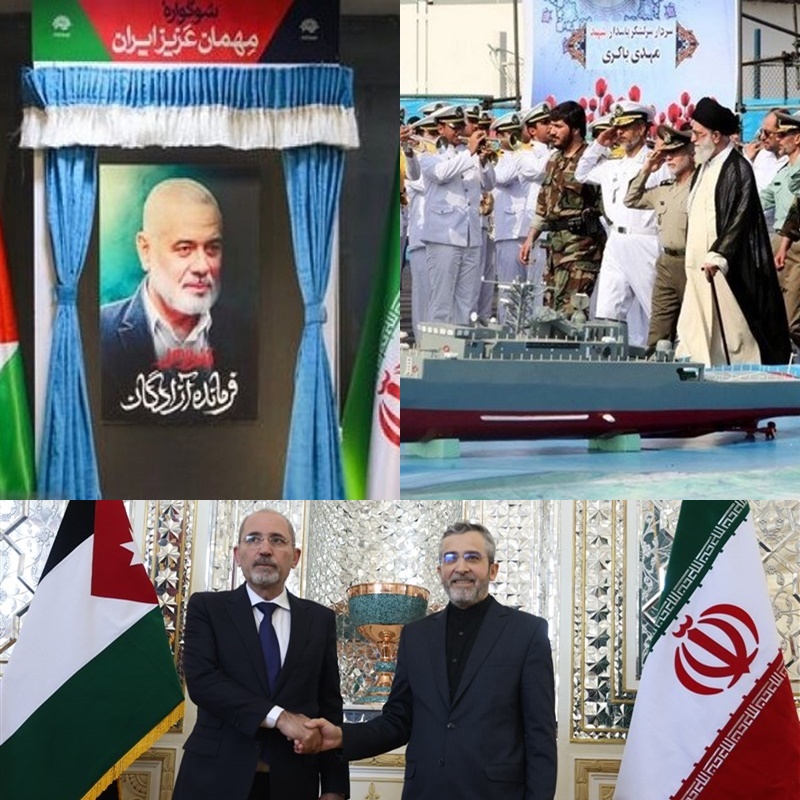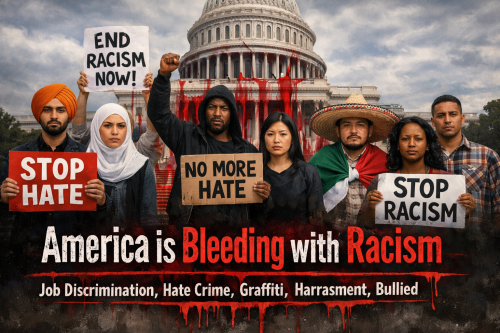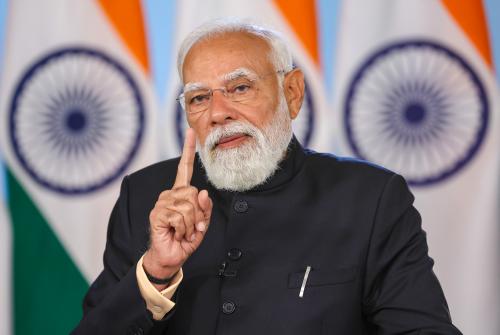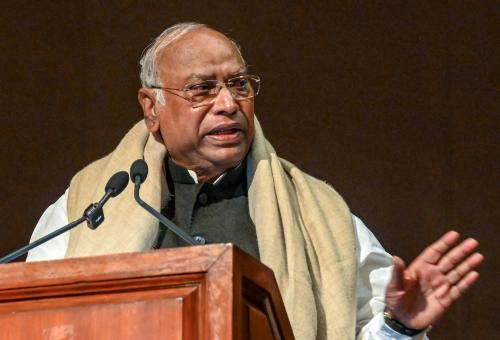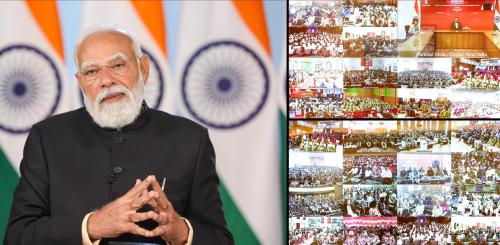New Delhi, Aug 5 (IANS) The Middle East has been a restive and volatile region for most of the 20th century with regular inter-state conflicts till the 1990s, and then, intra-state clashes, with a few exceptions. However, in 2024, the Gaza and the Israeli-Lebanese border conflict is threatening to snowball into a far larger regional war as Iran and Israel weigh strikes on each other in the wake of the Tehran escalation.
The assassination of Hamas political bureau chief Ismail Haniyeh in the Iranian capital, a few hours after he attended President Masoud Pezeshkian's inauguration on July 30, made the Iranian regime threaten Israel, which it blames for the incident, with "harsh punishment".
The situation has been further exacerbated with the Iran ally Hezbollah in Lebanon also vowing vengeance for the assassination of its top operative Fuad Shukr in a Beirut airstrike.
However, there has only been threatening rhetoric so far from Iran, which is seeking to bolster support from Arab and other nations before its planned strike, as well as ratchet up apprehension in Israel. The Jordanian Foreign Minister was in Tehran on Sunday and on Monday, Russian Security Council Secretary and former Defence Minister Sergei Shoigu reached the Iranian capital for talks.
While the Islamic Revolution Guards Corps (IRGC) Intelligence Organisation's former chief Hossein Taeb on Sunday claimed that Iran’s retaliatory response is going to "surprise" Israel and won’t fall within the framework of the scenarios it can predict, the influential force's commander Maj Gen Hossein Salami on Monday noted that the Iranian response will well-concealed till it occurs.
Significantly, in the discussion on the assassination in the UN Security Council, Iran’s Permanent Representative Amir Saeid Iravani, reserving his country's "inherent right to self-defence in accordance with international law", noted it would respond when "it deems necessary and appropriate".
On the other hand, Israel has also tried to set the agenda, with sources claiming that it is mulling a pre-emptive strike on Iran.
The situation is thus different from the "calibrated" moves in April when Iran launched a massive drone and missile strike on Israel in response to the attack on its consulate in Syria that left some senior IRGC officials dead. At that time, the US and some others were intimated of the attack through third parties, but this time, the perceived provocation is bigger, and thus, liable to trigger a larger Iranian retaliation. It is also likely to involve its "Axis of Resistance" allies like Hezbollah and the Houthis also
Meanwhile the calculus has become more complex with the US rushing additional forces to the region and Israel's own "threat".
While the implications of the assassination are going to have implications that will be more pervasive, long-lasting, and largely negative, the ongoing tensions in the region will also have an adverse attempt on the rest of the world.
While the Gaza truce talks have become largely redundant given the elimination of a key negotiator and the reluctance of Egypt and Qatar, the lead facilitators, to associate themselves further in the process in view of such "reckless" behaviour by one side.
In Israel, the beleaguered Benjamin Netanyahu government can exult in the welcome optics of netting a brace of high-profile Hamas and Hezbollah targets, but will face more problems in the long run with more intractable - and invisible - foes to confront. There is also the fate of the remaining hostages to consider.
With the absence of Haniyeh, considered a pragmatist, if not moderate, and open to political solutions, the Hamas mantle could switch back to shadowy - and more unrestrained and unpredictable - figures like Yahya Sinwar, the ostensible mastermind of the October 7, 2023 attacks. Haniyeh's likely successor could be his predecessor, the more hawkish Khaled Meshal - the target of a bungled Israeli assassination himself - and who has already staked out a maximalist position by refusing to countenance recognition of Israel.
On the larger canvas, the US has again been made to devote attention and effort to the Middle East - or rather stuck in the region's volatile vortices - a situation that will be welcomed by geopolitical rivals China and Russia as it will find it difficult to focus much elsewhere.
The impact of a conflict in the oil-producing hub if all the sabre-rattling, and the retaliation and counter-retaliation, go out of control, could mean havoc for the world, with the impact on production and transport of goods and fuel, given the chokepoints on both sides of the Arabian peninsula.
The consequences of any misstep by any actor - regional or global - are too catastrophic to contemplate while diplomacy seems to have been relegated to the sidelines, given there is no intermediary trusted by both sides. De-escalation will need a miracle.
(Vikas Datta can be contacted at vikas.d@ians.in)


